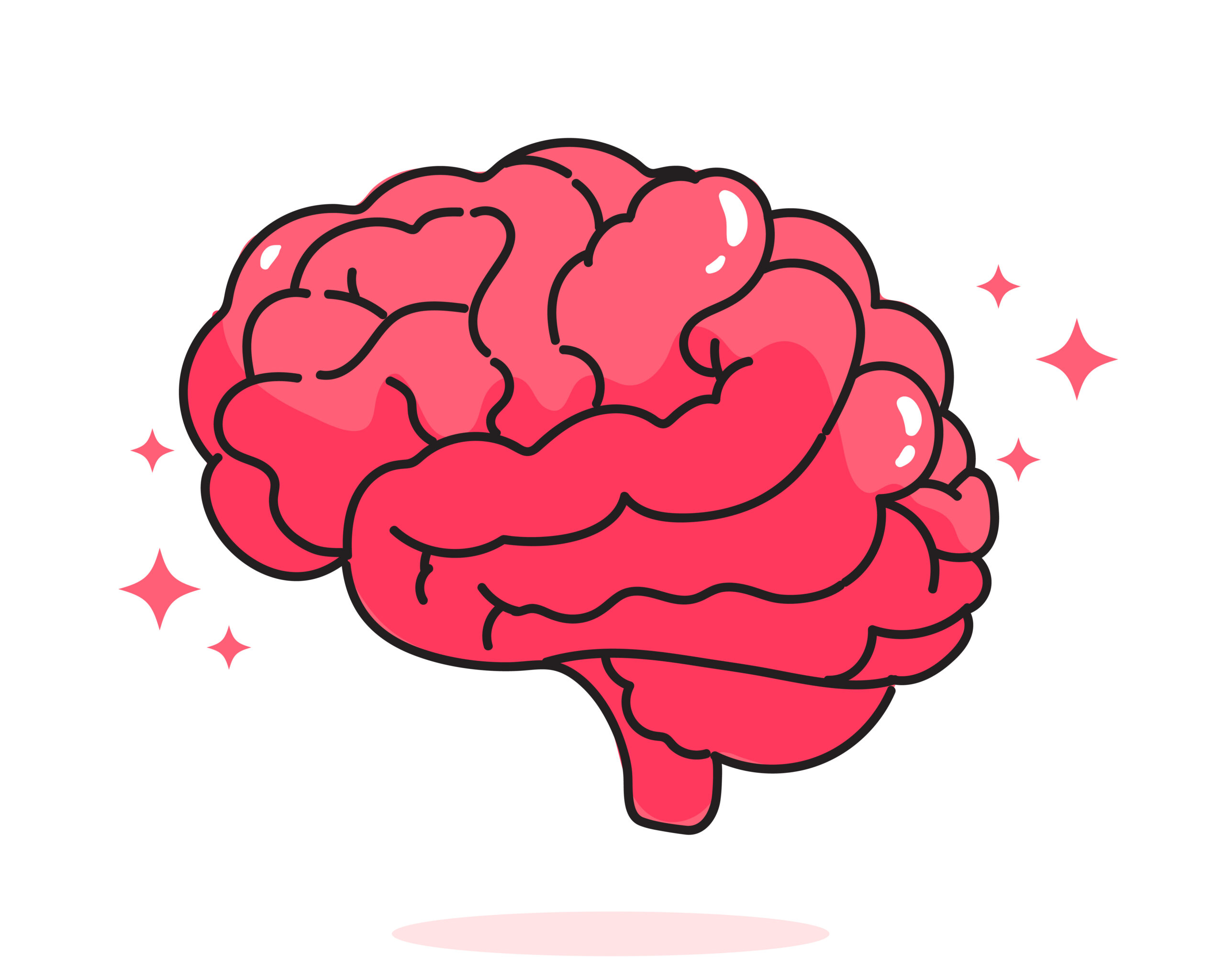
You may have heard it before, but did you know that your gut and brain work together? Your intestines are often referred to as your “second brain.” In this article, we’ll delve into how this partnership functions.
The collaboration between these two organs
Your gut bacteria collaborate with your brain, communicating with each other through what’s known as the gut-brain axis. This axis serves as the connection between your primary brain (your actual brain) and your secondary brain (your intestines/abdomen). It ensures that your gut and mind are constantly interconnected and can influence each other.How can you notice the collaboration between your gut and brain?
You’re probably familiar with the concept of a “gut feeling” about something or someone. You might also experience feelings of unease or nausea due to tension before an exam or an important job interview. Conversely, think about the delightful sensation of having butterflies in your stomach when you’re in love with someone.Gut issues and brain disorders
Interestingly, many people dealing with brain diseases such as Alzheimer’s, Parkinson’s, schizophrenia, or bipolar disorder also experience gut problems. Currently, the Brain Foundation is funding a significant research project focusing on how the gut can be utilized in the fight against these brain disorders.This research highlights the intricate connection between our gut and brain and underscores the importance of maintaining gut health for overall well-being. As our understanding of this relationship deepens, it opens doors to potential new treatments and interventions for a range of neurological conditions.The collaboration between your gut and brain is a fascinating aspect of human physiology. By nurturing your gut health through a balanced diet, stress management, and other lifestyle factors, you can support not only your digestive system but also your mental and neurological health.



